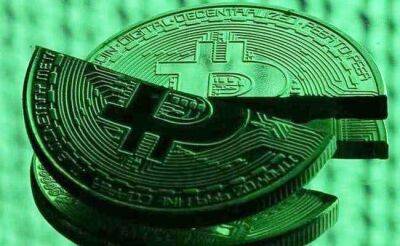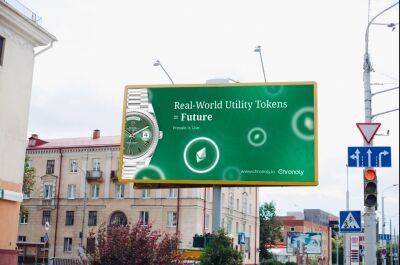‘We stopped using the oven as price went up’: how rise in energy bills is hitting UK homes
The UK is gripped by the worst cost of living emergency since the 1980s, with inflation hitting 7% – and threatening to breach 9% – driven by Russia’s invasion of Ukraine and supply chain disruption during the pandemic.
In signs of the seriousness of the crisis, energy company chief executives intervened recently to demand MPs offer households more support – with the E.ON boss warning up to 40% of people in Britain could fall into fuel poverty after Ofgem raises the energy price cap again in October.
Three people speak about how they’re affected.
Andy Mercer, 54, a self-employed painter and decorator based in Abergele, north Wales
For Andy Mercer, inflationary pressures mean that after 10 years of running his own business, he’s now considering closing it down.
“It hurts to think about it, I’d be a broken man,” he said. Daily staples have jumped in recent months, he said, like some brands of white matt paint rising almost 15% for a 10-litre pot, from about £35 to £40. “It’s putting a huge strain on my business,” he added, eating into earnings “to a point that maybe I’d be better off claiming benefits”.
Living in Abergele, north Wales, means Mercer drives to jobs. This month he’s been commuting about 100 miles a day to Porthmadog. From spending about £40 a week on fuel in June last year, Mercer is now often paying £90 a week.
Mercer can feel the impact. “We stopped using the oven the moment they hiked the [energy] price up,” he said. “All the food we bought for the oven” – things such as frozen potatoes and yorkshire puddings from Iceland – “we’re thinking of giving it to the food bank as we just can’t afford it”.
Stretched finances have even forced Mercer to put his wedding plans on hold. The couple are cutting back in all sorts
Read more on theguardian.com












![Is XTZ [Tezos] poised to leverage strong growth during the next hike up - ambcrypto.com](https://finance-news.co/storage/thumbs_400/img/2022/5/25/27085_4fg.jpg)
![Ethereum [ETH] pulls off something unexpected amid $1.9 billion in losses - ambcrypto.com - city Santiment](https://finance-news.co/storage/thumbs_400/img/2022/5/25/27084_5sihg.jpg)



